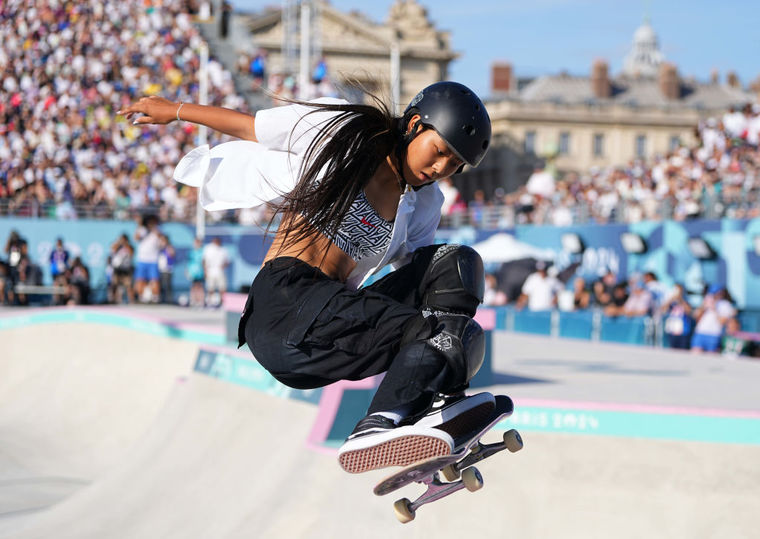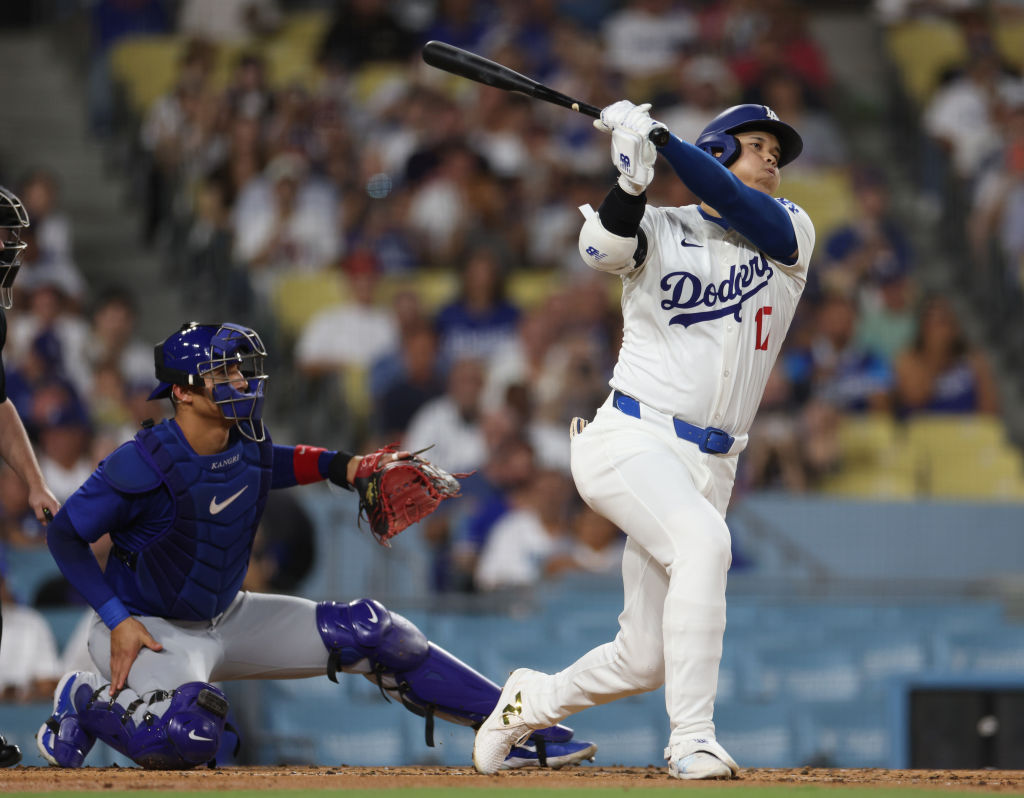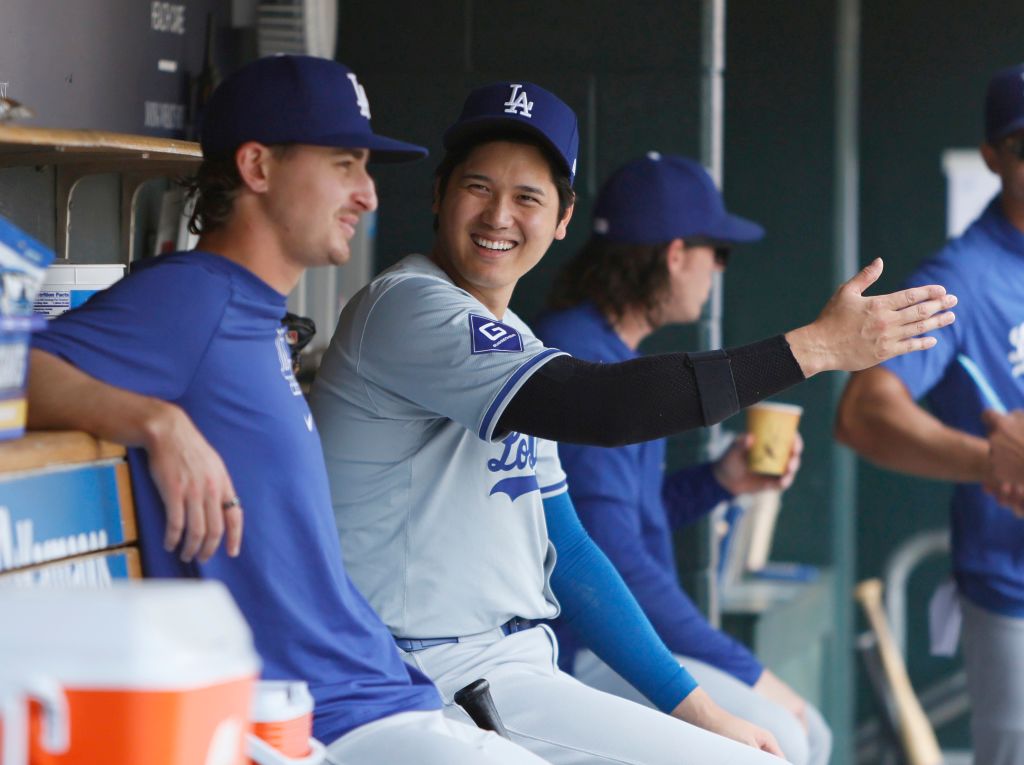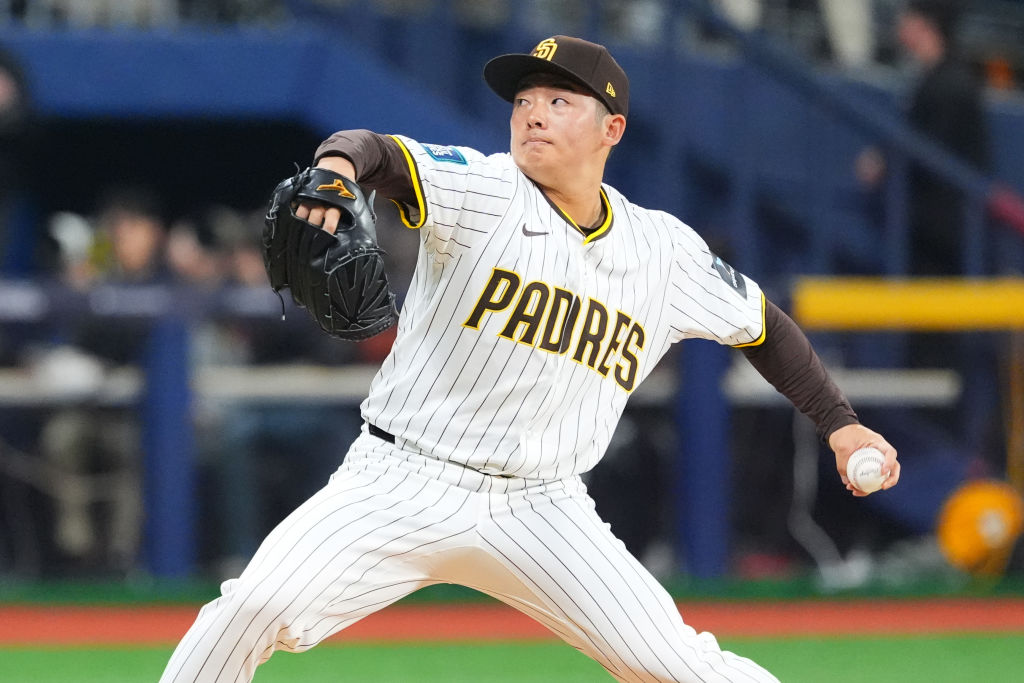From basketball to volleyball: The story of Marie Sasaki, a sports interpreter who turns challenges into strength
Sasaki Marie has built her career as a sports interpreter in a variety of settings, including basketball and volleyball. From her challenge at Osaka Evessa, where she jumped into a professional sports team with no prior experience, to her struggles and growth as a "full-time interpreter" for the first time with a men's volleyball team, and how the "ability to switch gears" she learned from the players changed her way of working. We unravel the story of her career, which continues to evolve while learning from failure. *Top image provided by Sasaki Marie
The starting point of my career as a sports interpreter, my challenge at Osaka Evessa
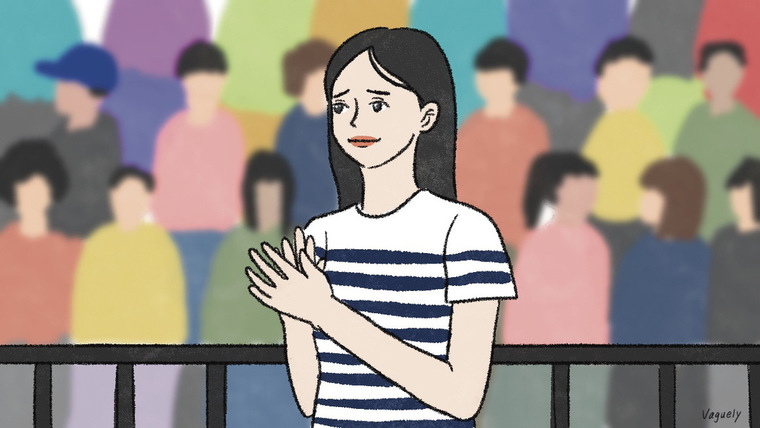
--In 2013, you joined Osaka Evessa, then of the bj League, as an interpreter and team manager. Looking back, what was that experience like?
I didn't know much about the sports industry, and I had never even watched basketball. After the interview, I was asked, "Why don't you come and watch a game?" That was the first time I went to watch one.
I joined the team without knowing anything about the sports industry or what a professional basketball team was like.
Looking back, it was a really hard year. I had no idea what the standards of a professional sports team were, so I was feeling my way around every day. However, it was very difficult to complete each task that I had to do, but that experience was useful in my subsequent work.
--At that time, were you also in charge of interpreting for the coach and players?
No, I didn't have any knowledge of basketball at Osaka Evessa, so I didn't interpret during the games. I mainly worked as a manager, and was in charge of conveying any messages to foreign players and staff that arose from that.
For example, after practice, I would tell the team, "The meeting time tomorrow is 9 o'clock," and I would interpret at the press conference after the game. I wasn't in charge of interpreting during the game or timeouts, but I gradually learned through the job.
--Was it because the first year was so hard that you were able to take the next step with ease?
That's right. The first year was really tough, but after that, when I moved to another team, I was able to work with a little more leeway.
New challenge: Switching from basketball to volleyball
--You played for the Kyoto Hannaryz for two seasons, then moved to a men's volleyball team in 2016. What was the background to this move?
When my contract with the Kyoto Hannaryz ended, I thought about my next step and I had a strong desire to work for a sports team. However, I didn't join the team with the intention of focusing on basketball, so I thought changing sports would be a new experience.
While I was searching for information, I happened to come across a men's volleyball team looking for an interpreter, so I decided to apply.
The first "full-time interpreter" title
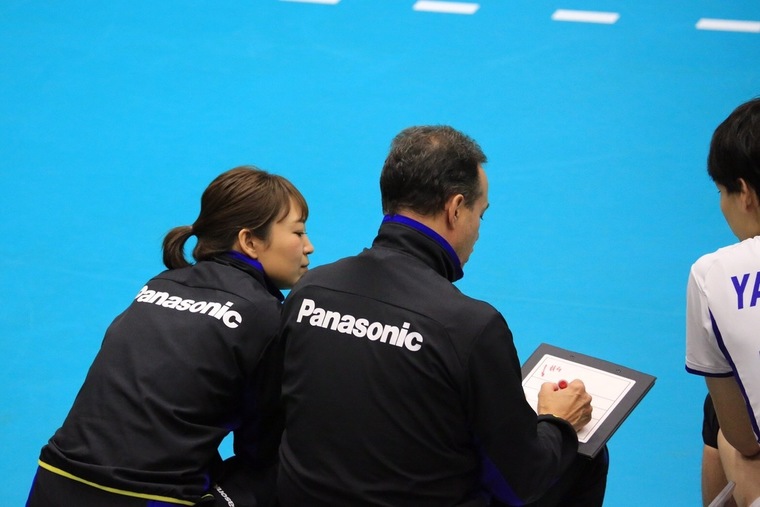
--You went from basketball to volleyball, and now you're in the role of "full-time interpreter." What was it like day-to-day?
This was my first time being solely entrusted with interpreting. As expected, the weight of English became greater, and I felt pressured to be in a position where it was required as part of my job. There were many things that were difficult for me to do with my English ability at the time, and I really struggled.
In addition, I entered the field without knowing much about volleyball itself, so I had difficulty keeping up with the communication of people who understood it intuitively, not only in terms of technical terms, but also in concepts of the game and nuances of play. Because of this, at first there were many things I couldn't translate, and I sometimes caused trouble for those around me.
"Switching Ability" Learned from Athletes
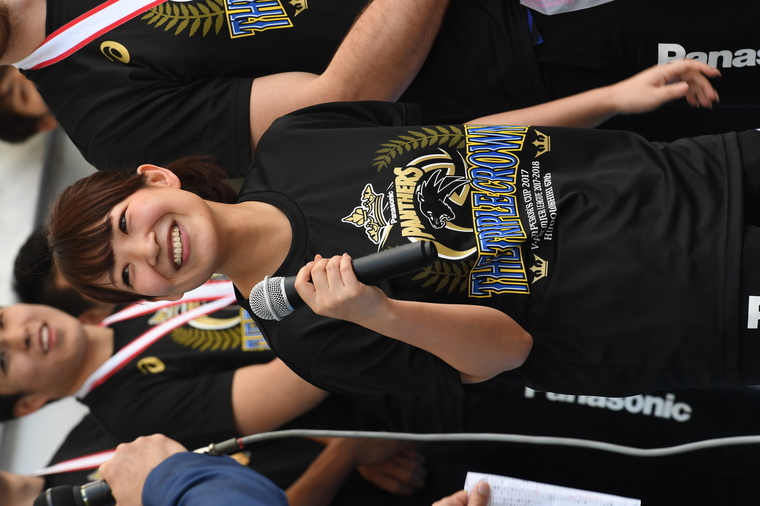
--It must have been quite a struggle, how did you overcome it?
When there was something I couldn't translate, I often felt like, "I'm here as an interpreter, what am I doing here?" In order to reduce such situations even a little, I would consult with my Brazilian coach after practice about things I couldn't translate that day or about things that were bothering me.
At that time, I repeatedly checked myself and said to myself, "Next time, I'll say it like this," and I gradually learned. I didn't improve right away, but I worked hard, one step at a time, to become a better interpreter.
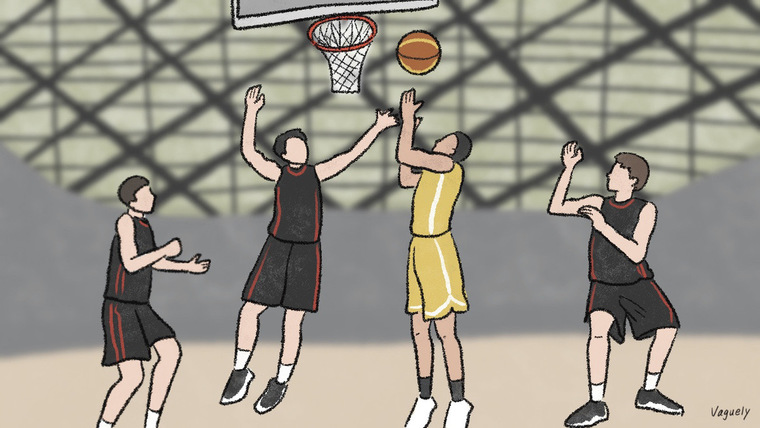
-Through your close contact with athletes, what has had the greatest influence on you?
I often found myself getting caught up in my mistakes and letting them drag down our overall performance, but seeing the players' performance influenced me to change my way of thinking.
The players don't dwell on their mistakes during the game, but recover on the spot to make up for them in the next play. I learned from their speed and strength in switching over, and I have come to see my mistakes as challenges and focus on what I can do now.
In particular, whenever I see a player make a big mistake and then make a spectacular comeback with the next play, I want to be like that too. Now, instead of being afraid of failure, I try to focus on the overall picture and fulfill my role. It was a big turning point for me to be able to see mistakes as an opportunity to grow.
Marie Sasaki
After graduating from university, he worked for a general company before joining the Osaka Evessa of the Japanese professional basketball league as a team manager and interpreter in 2013. He then spent two seasons with the Kyoto Hannaryz and two seasons as an interpreter for the men's volleyball team Panasonic Panthers (now Osaka Bulleteon). In 2022, he will accompany the Japan Women's Basketball National Team to the World Cup as a manager. While expanding his range of sports to include soccer and skiing, he is currently working as a personal assistant to the head coach of the Japan Men's Rugby National Team.
Being yourself and striving for greater heights - the story of moe-K's freestyle challenge in Tokyo

Marie Sasaki, a sports interpreter who travels the world, is passionate about sports and English
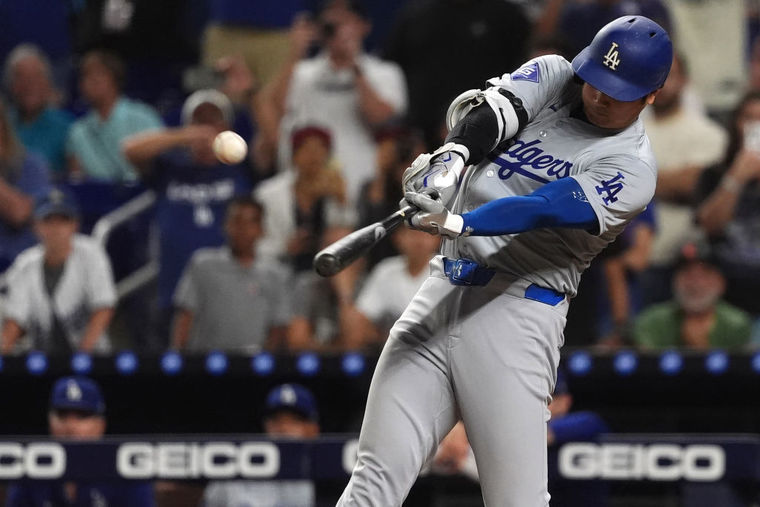
A former professional baseball player talks about "MLB's new evaluation criteria for measuring the performance of batters and pitchers"
